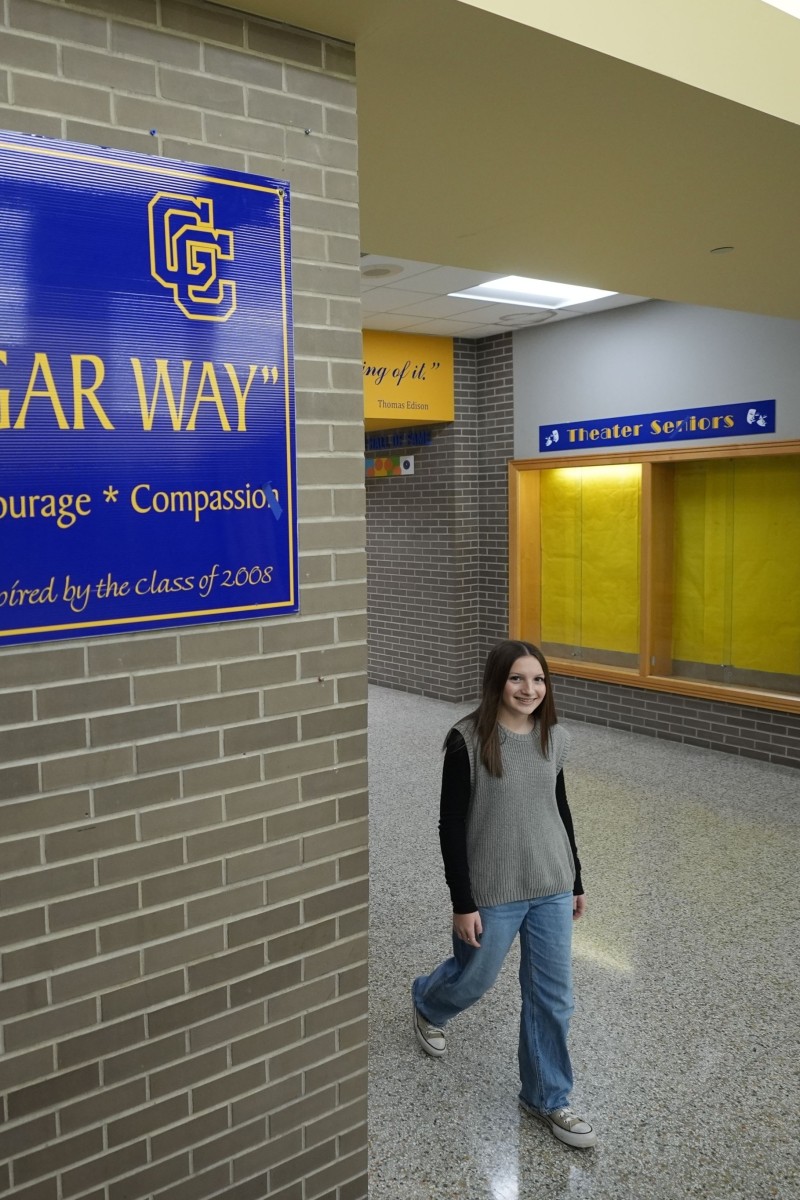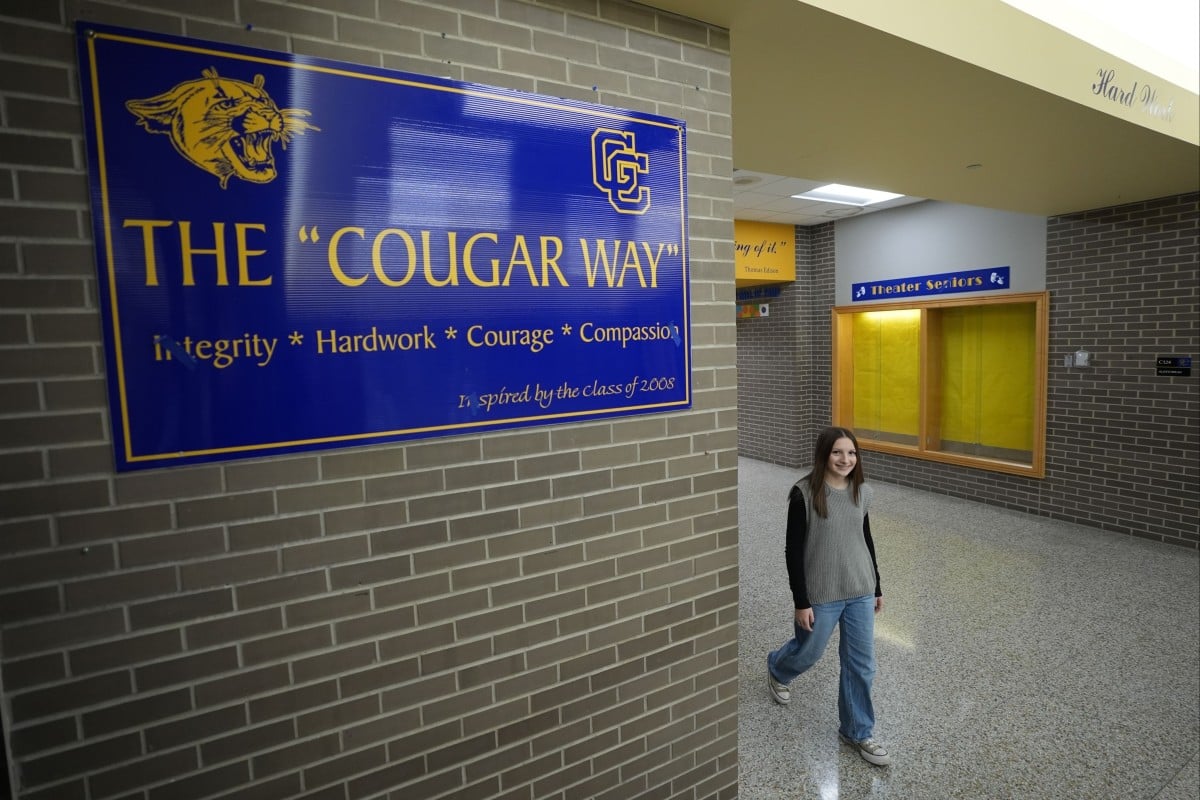
AI helps students with learning disabilities achieve academic success
Technology helps teens like Makenzie Gilkison, who has dyslexia, excel and even join the National Junior Honour Society.
 AI has helped Makenzie Gilkison, who has dyslexia, keep up with her classmates. Photo: AP
AI has helped Makenzie Gilkison, who has dyslexia, keep up with her classmates. Photo: AP For Makenzie Gilkison, spelling is such a struggle that a word like rhinoceros might come out as “rineanswsaurs”.
The 14-year-old student from suburban Indianapolis in the US can sound out words. However, her dyslexia makes the process so draining that she often struggles with comprehension. “I just assumed I was stupid,” she said.
Assistive technology powered by artificial intelligence (AI) has helped. Last year, Makenzie was named to the National Junior Honour Society. She credits her success to an AI-powered chatbot, a word prediction program and other tools that can read for her.
AI holds the promise of helping countless other students with visual, speech, language and hearing impairments. They can execute tasks that come easily to others.
Schools everywhere have been working on how and where to incorporate AI, but many are fast-tracking applications for students with disabilities.